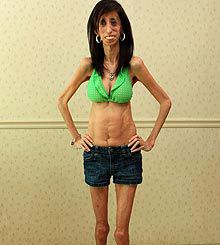将农场废弃物变为能源
|
It takes some cooking, but turning farm waste into biofuels is now possible and makes economic sense, according to preliminary research from the University of Guelph. Guelph researchers are studying how to make biofuels from farm waste, especially "wet" waste that is typically difficult to use. They have developed a fairly simple procedure to transport waste and produce energy from it. Scientists have struggled to find uses for wet and green waste, including corn husks, tomato vines and manure. Dry farm waste, such as wood chips or sawdust, is easier to use for generating power. Often, wet farm waste materials break down before reaching their destination. Researchers led by engineering professor Animesh Dutta, director of the Bio-Renewable Innovation Lab (BRIL) at U of G, have found a solution: pressure cooking. Cooking farm waste yields compact, easily transportable material that will not degrade and can be used in energy-producing plants. Dutta said the research, which is published this week in the journal Applied Energy, shows that in a lab setting, biofuels can produce the same amount of energy as coal. "What this means is that we have a resource in farm waste that is readily available, can produce energy at a similar level to burning coal, and does not require any significant start-up costs," said Dutta. "We are taking what is now a net-negative resource in farm waste, which farmers have to pay to remove, and providing an opportunity for them to make money and help the environment. It's a closed-loop cycle, meaning we don't have to worry about external costs." |








